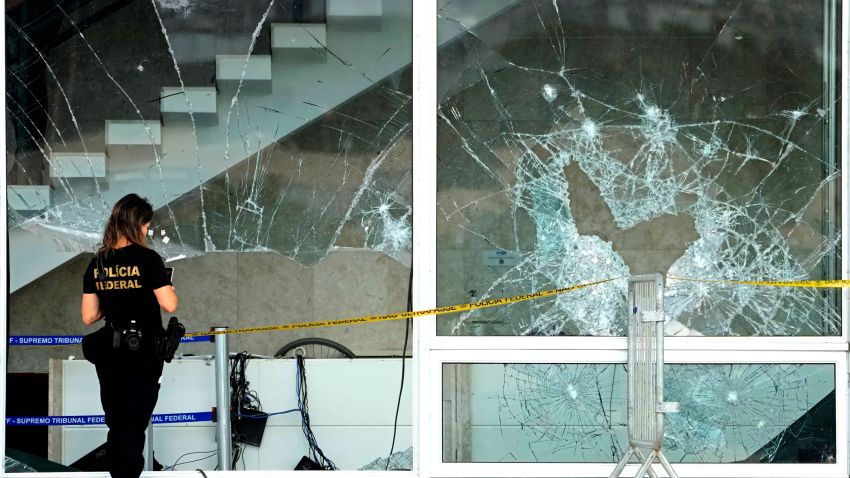It was all supposed to be behind Brazil—the fears of a post-election crisis that would undermine the country’s democracy. Luiz Inacio Lula da Silva had defeated Jair Bolsonaro in October’s election. The country’s electoral authorities had moved quickly and decisively to announce the outcome. Figures across the political spectrum accepted the results, and congratulatory calls for Lula poured in from foreign leaders.
Having spread pre-election conspiracy theories about the voting machines being rigged, and having threatened to challenge any outcome besides a victory—with force and the support of the military if necessary—Bolsonaro instead disappeared from view for three days. He emerged only to make clear that he would not stand in the way of the presidential transition, even as he refused to explicitly acknowledge his defeat.
He maintained his silence in the months that followed. And when the time came for Lula’s inauguration on New Year’s Day, Bolsonaro had already skulked off to Florida. He skipped the event and the handing-over of the presidential sash to his successor that symbolizes the peaceful and democratic transfer of power. But he was gone, and with Lula firmly in possession of the presidency, Brazil, its neighbors and the world breathed a sigh of relief for the country’s democracy.

